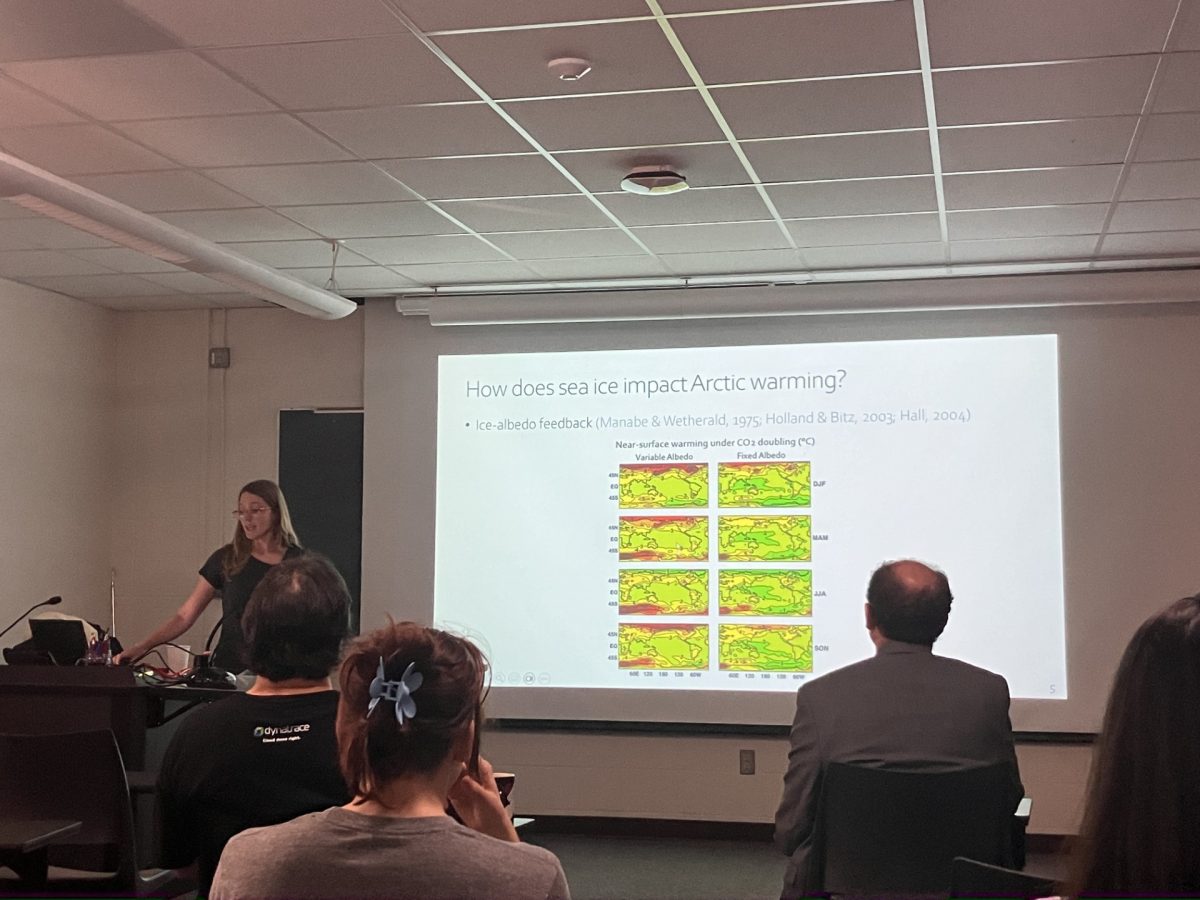While the Wisconsin Legislature debates whether to renew laws limiting the required amount medical malpractice insurance companies pay out in claims, state special interest groups are lobbying for the elimination of malpractice award caps.
Wisconsin Citizen Action, a public interest organization, continues to press the legislative task force assigned to the issue to challenge the policy, and has been critical of Physicians Insurance Company, the largest malpractice insurance provider in the state.
"We need to be asking Physicians Insurance Company why it raised premiums generally by 9.4 percent last year and increased premiums for family and emergency medicine doctors an average of 20 percent last year — collecting nearly $40 million in premiums when it paid out less that $4 million in claims," Darcy Haber, Health Care Campaign Director for WCA, said.
Doctors in Wisconsin pay far lower insurance premiums than other states in the Midwest, especially Illinois, Haber said. This is due in large part to the $1 million cap on the amount insurance companies pay in malpractice claims.
The Injured Patients Compensation Fund, an insurance system run by the state of Wisconsin, covers all damages in excess of the cap. According to WCA, this should lower the price of premiums.
However, recent rises in premiums worries the WCA.
The WCA also challenged the insurance industry's claim that retaining the cap would keep the costs of premiums down, citing increases in costs in '04, despite the cap.
Supporters of the cap disagree, arguing the effects of its elimination would be much more far-reaching and dangerous than the cap's opponents realize.
According to Bob Delaporte, communications director for state Rep. John Gard, R-Peshtigo, the removal of the caps would drive the already high doctors' costs even higher, which would result in an increase in the amount patients pay for health care.
"It would also drive doctors out of Wisconsin, perhaps back to Illinois, where caps like the ones that Wisconsin had have recently been put in place," Delaporte said. "It would affect rural areas the most — rural areas would have a hard time recruiting doctors."
Delaporte acknowledges the Injured Patients Compensation Fund had played a role in keeping the cost of premiums down for Wisconsin's doctors, but argued removal of the cap could increase prices doctors pay in premiums because the fund is not related to a doctor's premiums.
"[The fund] really has more to do with the cost of insurance, not premiums," Delaporte said. "They are related, but the cap also keeps down premiums; the two work together, but separately."
The legislation to renew the malpractice cap, which may be introduced in October, is likely to include an index to account for age. Under this system, younger victims of medical malpractice could potentially receive more money in claims.
While Republicans prepare the bill for its introduction to the state Legislature, groups like WCA continue to oppose it.
"The people most hurt by the caps are those most drastically hurt by medical malpractice," Haber said.







